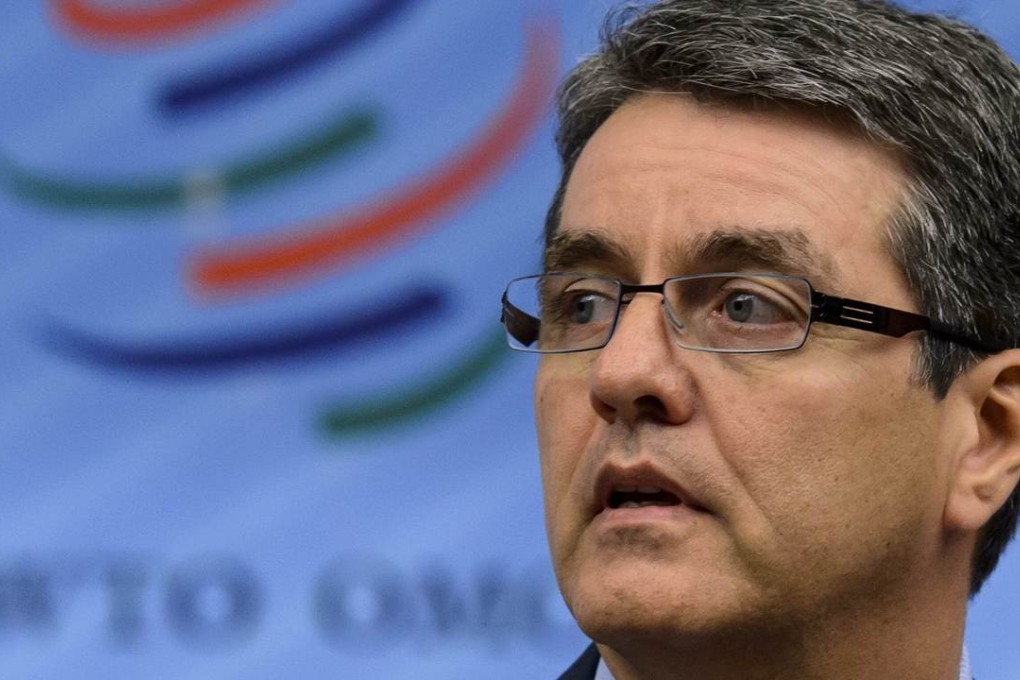Macroscope | World Trade Organisation faces moment of reckoning in Nairobi
Very little has emerged from ambitious Doha Round negotiations

The World Trade Organisation will hold the 10th ministerial conference of its 20-year existence next week . It is a crucial meeting. The WTO has spent the past decade and a half trying to finish what it started in 2001 – the launch of the Doha Round of Multilateral Trade Negotiations.
The Doha Round was a comprehensive package. A breathtakingly ambitious – or simply unrealistic – deadline of a little over three years was set for the negotiations.
It was heavy on trade liberalisation in agriculture, manufactured goods and services. It had multiple provisions on development – enough for the entire package to be referred to by some as the Doha development agenda. The package also included mandates on improving rules in certain areas and on trade facilitation, which aimed to reduce red tape at the border.
Perhaps the most forward-looking parts of the agenda were the mandates on investment, competition policy, government procurement, e-commerce, trade, debt and finance, and trade and technology transfer.
A rising penchant for preferentialism in trade relationships is both a cause and an effect of a floundering WTO
If these mandates had survived and prospered, it could have been said that the WTO was gearing up for the 21st century and not just busying itself with a 20th century agenda. But all the issues were either dropped or came to nothing.
Even with its lighter load, Doha Round results have been truly elusive. Very little has emerged. The most notable result was a 2013 agreement on trade facilitation. The only outcome for most of the rest has been a declaration of intent to keep trying.
